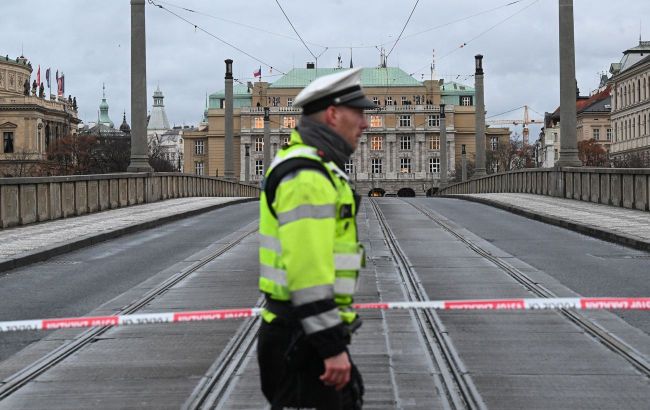Czechia tightens control over tourists: New restrictions revealed
 Prague introduces new rules for tourists (Getty Images)
Prague introduces new rules for tourists (Getty Images)
Czechia is introducing new restrictions for tourists, including a ban on organized trips to bars and stricter rules for renting housing, according to Euronews.
Authorities in the Czech capital have decided to implement strict measures targeting rowdy tourists by banning organized bar crawls from 10 PM to 6 AM. This move is aimed at improving the quality of life for locals and maintaining order during nighttime hours.
The ban, announced on Monday, is expected to have a significant impact on the tourism industry, as Prague is renowned for being one of Europe’s major nightlife hubs. However, officials hope that this decision will reduce disturbances and improve the city's condition.
New rental system
In addition, the Czech government is working on restrictions in the short-term rental sector to address the issue of high housing costs and shortages for locals. A new law, approved by the government in August, will allow municipalities to set limits on the number of properties available for rental through platforms such as Airbnb.
Under the new law, stricter rules for short-term rentals are expected, including requirements for property registration and tax payments. Property owners will be required to register their guests and provide relevant information through a new platform called eTourist.
This measure is expected to reduce competition between tourists and locals in the real estate market and increase oversight of rental agreements. Officials estimate that between 40% and 70% of bookings on online rental platforms go unregistered, leading to a potential tax loss of nearly €32 million annually.
The law could take effect in July 2025. Prague hopes to improve living conditions for residents while making the city more attractive for both tourists and investors.
In related news, Czechia has changed the conditions for extending temporary protection for refugees with visas to Canada or the UK. Now, having Canadian or British visas does not prevent refugees from extending their temporary protection in Czechia.
Additionally, recent data shows that two-thirds of Ukrainian refugees plan to remain in Czechia after their temporary protection ends, a 20% increase compared to last year.

